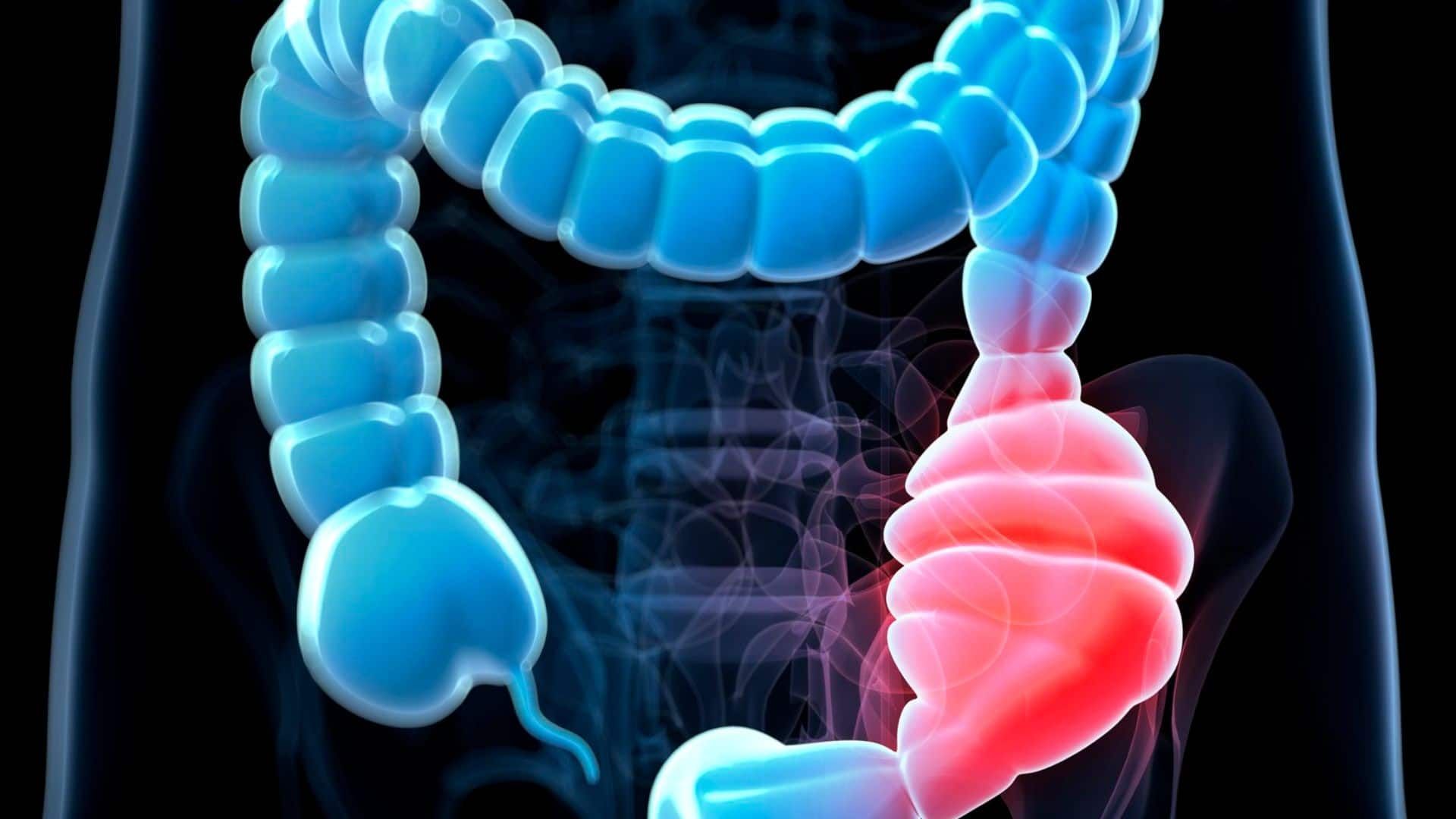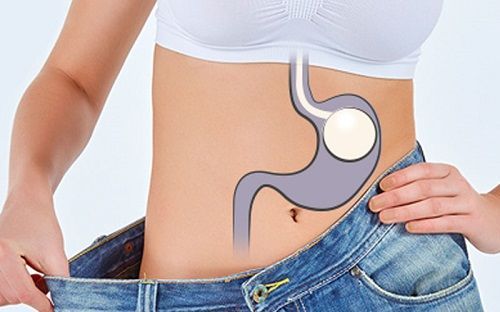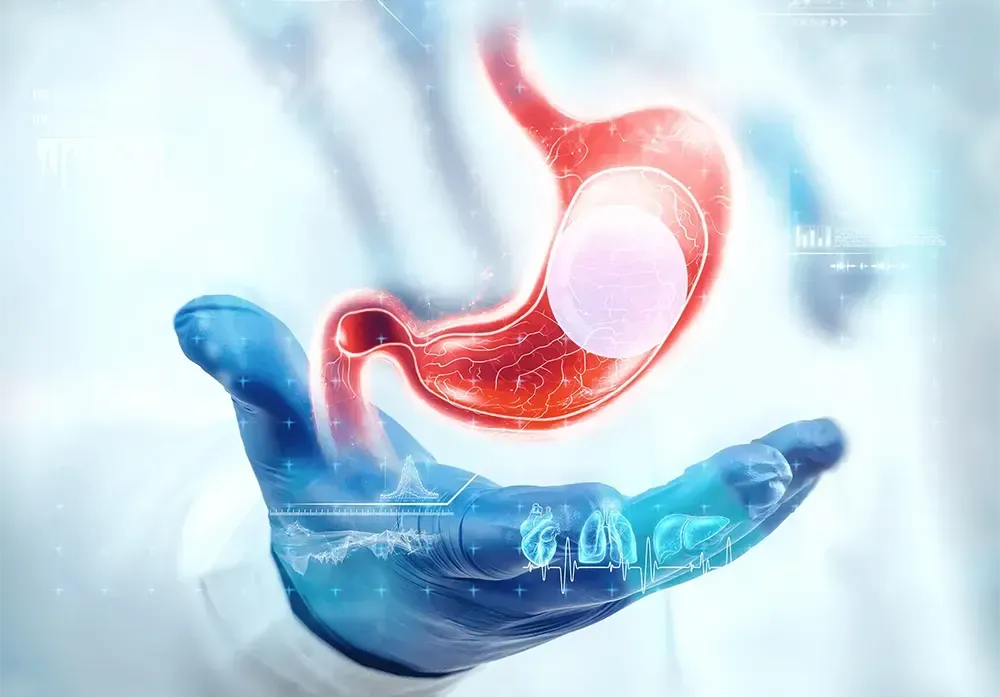GI Symptoms – Digestive Issues and Your Path to Wellness
5 Proven Things You Can Do Now to Improve Your GI Symptoms
According to the National Institute of Health between 60-70 million Americans suffer from an array of digestive disorders. In 2018 alone healthcare expenditures for digestive issues exceeded 136 billion dollars. The cost of treating digestive disorders in the United States now exceeds the cost of treating heart disease.
If you suffer from a GI disease you will recognize that the costs reflected in these statistics do not reflect the intangible costs of these diseases. Digestive issues affect one’s quality of life. Diseases like Crohn’s or IBS have a negative impact things we take for granted, like work, sleep, travel, diet and even intimacy.
Often a patient will suffer from GI symptoms for years, even decades, before getting an accurate diagnosis and started treatment. The costs in terms of the loss of quality of life can be immeasurable.
If you suffer from digestive symptoms seek a diagnosis and undergo treatment from a doctor, such as a gastroenterologist. At Gastro SB in San Diego we can provide you with an accurate diagnosis and provide you with the latest and most effective treatment protocols for GI symptoms. We also take a “whole patient” approach, providing you with the tools to regain control of your disease and more importantly, your life.
We also want you to know that there are things you can do right now to help ease your physical symptoms and improve the quality of your life. The best part is that these things are relatively easy, don’t take a lot of time and are in most cases, free!
Take a Walk
Exercise has been shown time and again to help with the symptoms of IBS and other digestive disorders. This doesn’t mean you need to go out and join an expensive gym or get caught up in the latest fitness craze. It turns out that all you need to do is ——-wait for it ——— walk!
Studies have shown that 30 minutes of walking daily substantially reduces IBS symptoms. Even better, you don’t need to walk for 30 minutes in a single stretch. The same results are seen in patients that walked for a mere 10 minutes three times a day.
Walking has other health benefits as well. Walking is low impact, burns fat, keeps the cardiovascular system strong and because it is a weight bearing exercise, helps ward off osteoporosis.
Talk with a Friend
After a decade of research on shame, Dr. Brene Brown concluded that:
“Vulnerability is our most accurate measure of courage.”
Talking about your IBS with others is not easy. We are conditioned from an early age to treat these issues as “taboo” and consequently, perhaps we may feel shame. Stress and anxiety can trigger IBS symptoms and yet, those who suffer from these disorders often suffer in silence too embarrassed to talk about their disease.
Reducing your stress and you will the symptoms of IBS and other disorders; it’s really that simple. Research has shown that when a patient simply talks about IBS with a trusted friend or family member the symptoms of the disease improve.
So maybe take a leap, be vulnerable and talk with a friend or loved one about your GI disease. You may find not only your symptoms improving, but that you have fostered a more intimate and trusting relationship.
Practice Yoga
A number of studies have concluded that yoga can relieve the symptoms of IBS and other GI diseases. Yoga and other mindfulness practices help tone the vagus nerve, restoring clear lines of communication between the brain and the gut. The gut tells the brain there’s inflammation and the brain responds by initiating anti-inflammatory measures. When communication breaks down, inflammation proceeds unimpeded.
There is a reason yoga has been around for millennia! There are many different styles of yoga and schools of yogic thought. It is best to start a yoga practice under the guidance of a qualified yoga teacher. However, there are many books and other online resources to get you started with a yoga practice today.
Like walking, yoga has other benefits as well. Yoga improves strength and flexibility and keeps your brain healthy, warding off age-related diseases. It may also aid in healthy sleep habits !
Meditate
Meditation is another practice that has been shown to help relieve GI discomfort. Again, while it is suggested that you start a meditation practice under the guidance of a qualified teacher it is not necessary to at least get started.
There are many books, online resources and guided meditation apps. The important point is not how you meditate but that you meditate consistently. You might find it challenging are first, but stick with it. Start off with several minutes a day and slowly build from there. The great thing about meditation is that is can be done anywhere.
Meditation also has been shown to have other health benefits. Meditation helps with sleep, improves the symptoms of depression and anxiety and reduces blood pressure.
Journaling
While it may sound cheesy, keeping a journal can also help ease the symptoms of your GI disease. Starting a journaling practice where you are able to write down your thoughts, feeling and emotions can help with dealing with stress and anxiety. We already know that by reducing stress you can also reduce your GI symptoms.
In one incredible study it was found that expressive writing helps wounds heal faster. Other research has shown that journaling helped ease the symptoms of arthritis, asthma and IBS. All journaling takes is a pen, paper and few minutes a day!
These practices are no substitute for the proper diagnosis and treatment of your GI symptoms. However, when combined with proper medical care, these simple and free practices can not only help ease your symptoms but can also have a dramatic impact on your overall quality of life.
The post GI Symptoms – Digestive Issues and Your Path to Wellness appeared first on Gastro SB.










